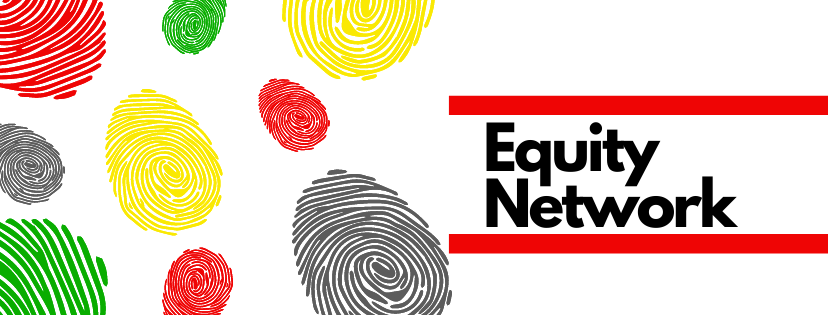
Discrimination is a major violation of human rights.
Attitudes that are discriminatory are a major factor contributing to human rights abuses.
The United Nations Human Rights Committee, which supervises and monitors implementation of the International Covenant on Civil and Political Rights, has described discrimination in the following terms in General Comment 18 on Non-Discrimination:
“… the Committee believes that the term “discrimination” as used in the Covenant should be understood to imply any distinction, exclusion, restriction or preference which is based on any ground such as race, colour, sex, language, religion, political or other opinion, national or social origin, property, birth or other status, and which has the purpose or effect of nullifying or impairing the recognition, enjoyment or exercise by all persons, on an equal footing, of all rights and freedoms.”
https://www.refworld.org/docid/453883fa8.html
Effects of Discrimination
Discrimination affects every aspect of a person’s life. The effect on a person is widespread; however, it can be both visible and invisible. It is important that when people are discriminated against, others stand in support to right the wrongs. It is important to listen and hear the lived experiences of others to learn and understand how we can stop discrimination. Learning, being mindful, reflecting, making change, confronting discrimination, and supporting others are all ways that we can prevent discrimination.
Preventing Discrimination
“Children are never born racists or with discriminatory minds. They learn these behaviors from people and events around them. If parents or caregivers tell them things that make them see people in a different light, they will grow up with that idea, and it may be difficult to correct when they are adults.” https://www.eschooltoday.com/learn/introduction-to-discrimination
For Parents/Caregivers
Change is made at home first! When parents set a good example for children and are mindful of their behaviour and attitude that they have towards people, children will model this behaviour. The language and tone used in and outside the home will also influence those of the children. Children can recognize differences in these factors and can hold prejudices from a very early age.
Children are not too young to know about prejudice and discrimination. As children grow, speak to them about privilege and all of the ways privilege in unearned. Having an open conversation in regard to prejudice and discrimination, and how people are hurt by them. Speak to them about the need to appreciate differences of all kinds.
If your child (or other children you are in contact with) have experienced discrimination, listen to their experiences. Encourage and support them.
Pre-Adolescents/Teens – WHAT CAN YOU DO?
Realize that your piece of the world is very small, and that the world as a whole is a very big place. There are humans living in many other places around the world and because of all the differences of their location, culture, and religion, people are raised differently and do things differently. It is very important to realize that we need to embrace the differences in all people.
Check out our sections on identity and intersectionality to look at all of the different things that make you you! The more you come to accept all of these aspects of peoples identities, learn to appreciate diversity and respect people who are different in any way.
“People may be disabled, transgender, dark-skin, or have different hair colors. No one chose to be that way. If even people choose to believe or join specific groups, they have a right to belong and a right to believe what they want. We MUST learn to respect that, just as you would like others to respect you for who you are.” Ideas and quotes sourced from: (https://eschooltoday.com/learn/preventing-discrimination/)
Discrimination Resources
https://www.apa.org/topics/racism-bias-discrimination
Videos
https://www.haveyougotthatright.com
Lesson Plans
https://www.eschooltoday.com/learn/introduction-to-discrimination
https://www.equalityhumanrights.com/en/secondary-education-resources
https://www.learningforjustice.org/classroom-resources/lessons/recognizing-discrimination
